
Photo courtesy www.earthtimes.org.
Feature #1 (starts 05:25): A sweeping new report on the state of climate change and its current and future impacts in the United States was recently released in draft form. It’s called the National Climate Assessment. It comes at a time when major storms and wildfires are increasing in many areas. And last year the continental U.S. experienced its hottest year ever recorded. How On Earth co-host Susan Moran interviews one of the participating authors of the report, Dr. Dennis Ojima. He’s a professor at Colorado State University in the Ecosystem Science and Sustainability Department, and a senior research scientist in the Natural Resource Ecology Laboratory. Dr. Ojima co-wrote the chapter on the Great Plains.
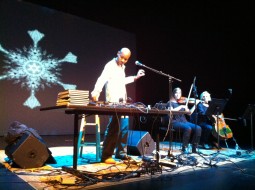
Feature #2 (starts 16:30): Paul D. Miller, a.k.a. DJ Spooky, says the pallet of a 21st-century artist is data. That’s certainly the approach he took after visiting Antarctica in 2007—Miller used scientific data from ice cores and other Antarctic sources to create musical motifs representing the southern continent, then blended them with live performers and his own hip-hop beats. Co-host Ted Burnham speaks with Miller about the process of “remixing” the frozen Antarctic landscape, and about how music and art offer new ways to make scientific topics such as climate change accessible and meaningful.
Producer: Susan Moran
Co-Hosts: Ted Burnham, Susan Moran
Engineer: Ted Burnham
Additional Contributions: Shelley Schlender
Listen to the show:
Podcast: Play in new window | Download (Duration: 24:37 — 22.5MB)
Subscribe: RSS

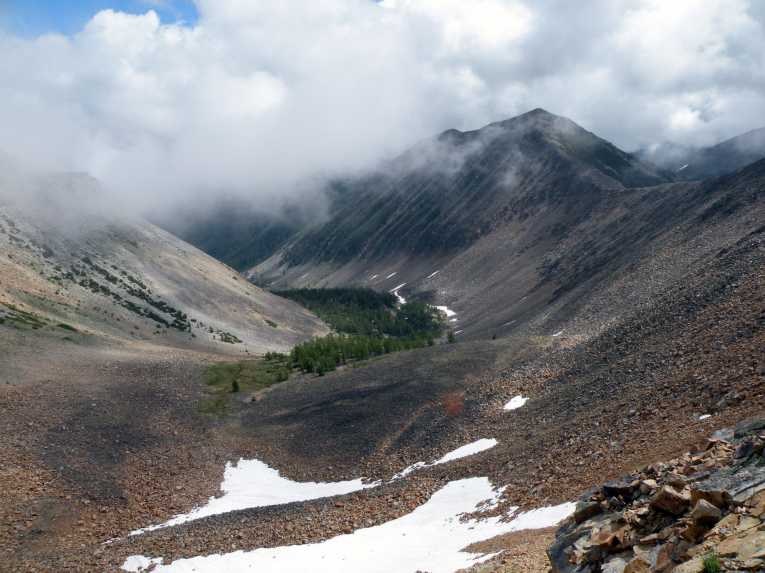


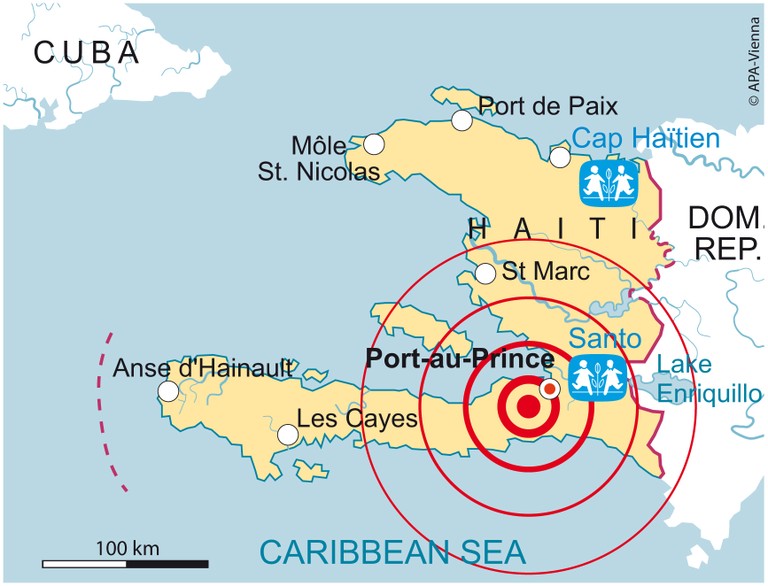

 Feature #2: (start time: 15:42) You’ve probably heard by now that 2012 was the warmest ever in the U.S. We’re not the only ones overheating. At the bottom of the world, over the last 50 years, West Antarctica has warmed more than scientists had thought. The implications are huge; an enormous ice sheet there may be at risk of long-term collapse, which could cause sea levels to rise alarmingly. Co-host Susan Moran speaks with
Feature #2: (start time: 15:42) You’ve probably heard by now that 2012 was the warmest ever in the U.S. We’re not the only ones overheating. At the bottom of the world, over the last 50 years, West Antarctica has warmed more than scientists had thought. The implications are huge; an enormous ice sheet there may be at risk of long-term collapse, which could cause sea levels to rise alarmingly. Co-host Susan Moran speaks with 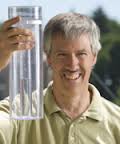

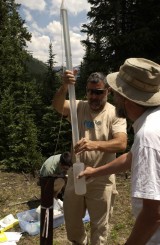

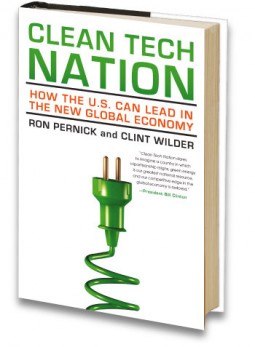
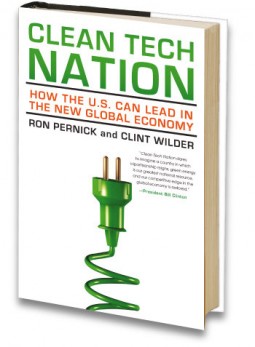 Clean Tech Nation (start time: 4:57): Over the last few years renewable electricity generation has doubled, thanks in part to President Obama’s 2009 stimulus package. In fact, many clean technologies and industries have taken off, including solar, biofuels, green building and electric vehicles. But the stimulus money is about to run out, as is the production tax credit for wind development. To make sense of the current status of and future prospects for
Clean Tech Nation (start time: 4:57): Over the last few years renewable electricity generation has doubled, thanks in part to President Obama’s 2009 stimulus package. In fact, many clean technologies and industries have taken off, including solar, biofuels, green building and electric vehicles. But the stimulus money is about to run out, as is the production tax credit for wind development. To make sense of the current status of and future prospects for 
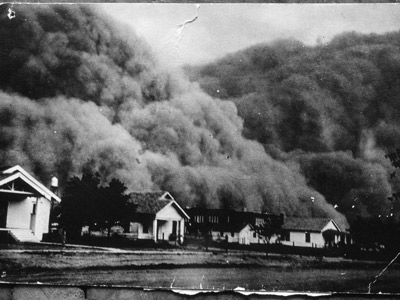

 Feature #2: Zero Population (start time 15:58)
Feature #2: Zero Population (start time 15:58) 

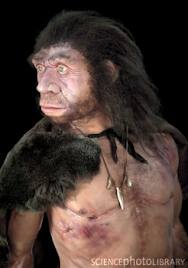
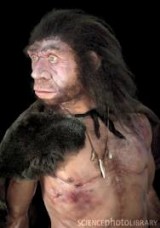 Feature #1: Neanderthals (start time: 6:01)
Feature #1: Neanderthals (start time: 6:01)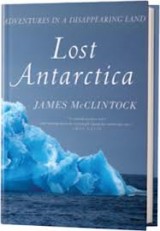 Antarctica: Adventures in a Disappearing
Antarctica: Adventures in a Disappearing 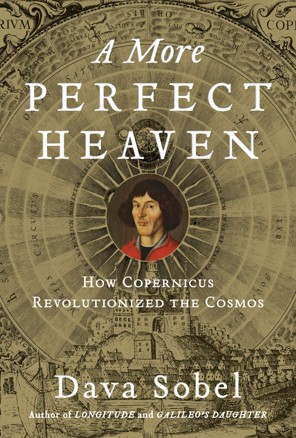
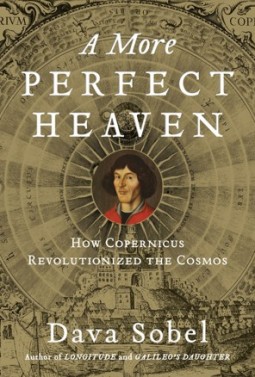
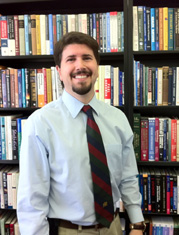

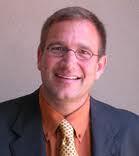

 Planetary science budget (start time: 15:49). Despite the successes of the Mars missions and voyages to our other planetary neighbors, the White House decided that NASA’s planetary science budget should be drawn down. The hit would be substantial, a twenty percent reduction from 2012. 300 million dollars would be removed from a baseline one and a half billion dollars. We ask Dr. Alan Stern, who has served as the chief of the Science Mission Directorate at NASA, about why the planetary science budget should be restored.
Planetary science budget (start time: 15:49). Despite the successes of the Mars missions and voyages to our other planetary neighbors, the White House decided that NASA’s planetary science budget should be drawn down. The hit would be substantial, a twenty percent reduction from 2012. 300 million dollars would be removed from a baseline one and a half billion dollars. We ask Dr. Alan Stern, who has served as the chief of the Science Mission Directorate at NASA, about why the planetary science budget should be restored.